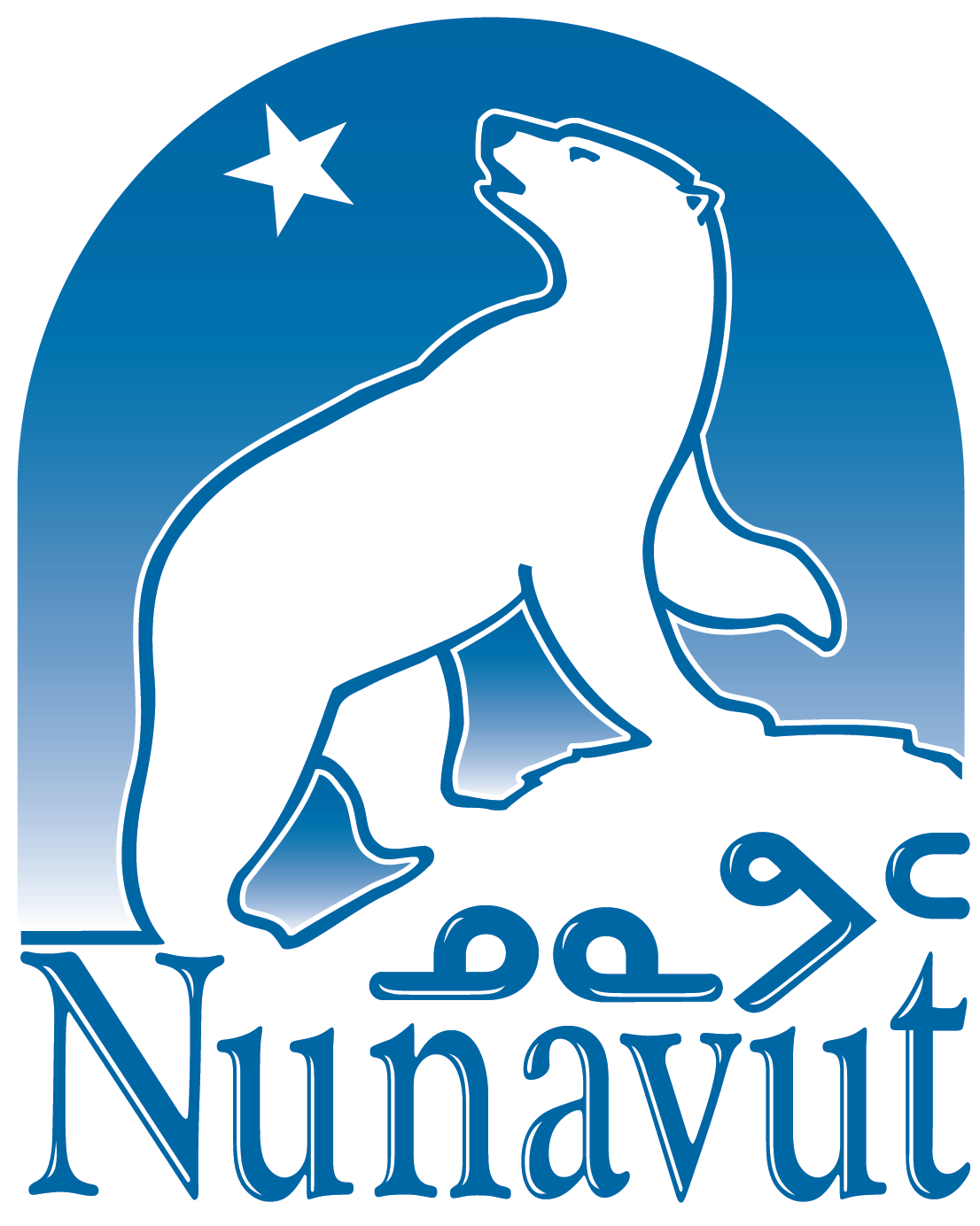Site Map
Contact Us
Copyright Notice


EnergyWise is an awareness program for Nunavummiut to learn how to be smart about energy conservation in their homes and at work. The program is run by Qulliq Energy Corp.
The Government of Nunavut uses this website to issue Tender documents and Request for Proposal (RFP) documents for various projects – including sub-contracts for Atuttiarniq work. Visit Nunavut Tenders to find business opportunities across Nunavut for your company.
Climate change is happening, and the effects in Nunavut are more noticeable than in other places around the world. The Nunavut Climate Change Centre helps Nunavummiut learn about unique arctic climate change issues. NC3 is run by the Government of Nunavut’s Department of Environment. The website provides useful climate change data, adaptation and mitigation resources, presents recent research, and offers traditional and local knowledge of climate change effects taking place across Nunavut.
NTI maintains and promotes the Nunavut Firm Registry, asserts Inuit economic rights and benefits, and supports Inuit in developing the Nunavut economy. Searching NTI’s Registry will help you find Inuit-owned and/or Nunavut-based businesses that can provide a variety of local products and services.
The Government of Canada has been procuring financed Energy Performance Contracts to increase energy efficiency in federal buildings across Canada since the early 1990s as part of the Greening Government Services program. This program is the model for Atuttiarniq. The program is administered through Natural Resources Canada and was previously known as the Federal Buildings Initiative prior to the release of the Federal Sustainable Development Strategy policy document in 2016.
‘Ikummatiit’ is Nunavut’s energy policy document. Ikummatiit sought to address all energy-related challenges and opportunities faced by Nunavummiut, including: assessing historical, current and future energy consumption; strategies for energy conservation; and planning to reduce dependency on imported fuel oil as Nunavut’s primary energy source through a mix of intermittent renewables and locally-sourced fuels such as uranium and natural gas. It has served as a roadmap for Nunavut’s energy-related planning and project activity – including the Atuttiarniq projects – since its publication in 2007.
The Northern Responsible Energy Approach for Community Heat and Electricity program, also called the Northern REACHE program, funds renewable energy and energy efficiency projects, and related capacity building and planning in Yukon, Northwest Territories, Nunavut, Nunavik, and Nunatsiavut. The program’s objective is to reduce Northern communities' reliance on diesel for heating and electricity by increasing the use of local renewable energy sources and energy efficiency. This will result in environmental, social and economic benefits to support developing healthier, more sustainable Northern communities.
The Nunavut Energy Management Program was a policy instrument created by the Government of Nunavut to allow any/all departments within the GN to adopt energy conservation strategies in three major areas of Government activity through three discreet programs: Existing Buildings – through the Nunavut Energy Retrofit Program (NEMP)GN Staff - Energy Awareness and Training - through the delivery of programs for operational and end-user staff that enable energy-efficiency procedures and behavior to be seamlessly incorporated in to day-to-day work and play.New Construction – by applying the ‘GN Good Building Practices Guideline’ to new Government building design-build projectsThrough the NEMP policy, the Government of Nunavut sought to reinforce the traditional Inuit Guiding Principles of:
Avatittinnik Kamatsiarniq: respect and care for the land, animals and the environment.
Qanuqtuurniq: Being innovative and resourceful.
CER’s Provincial and Territorial Energy Profiles explores Canada’s energy systems by providing facts on energy production, use, transformation, transportation, and trade. These profiles illustrate the diversity of our energy systems and provide readers with information to engage in discussions about energy in Canada.
The research projects presented on this site are collaborative efforts between federal, provincial, and territorial governments, universities, Aboriginal groups, industries, and communities. The site showcases a number of projects and gives the research team access to key documents and research tools.